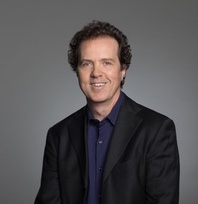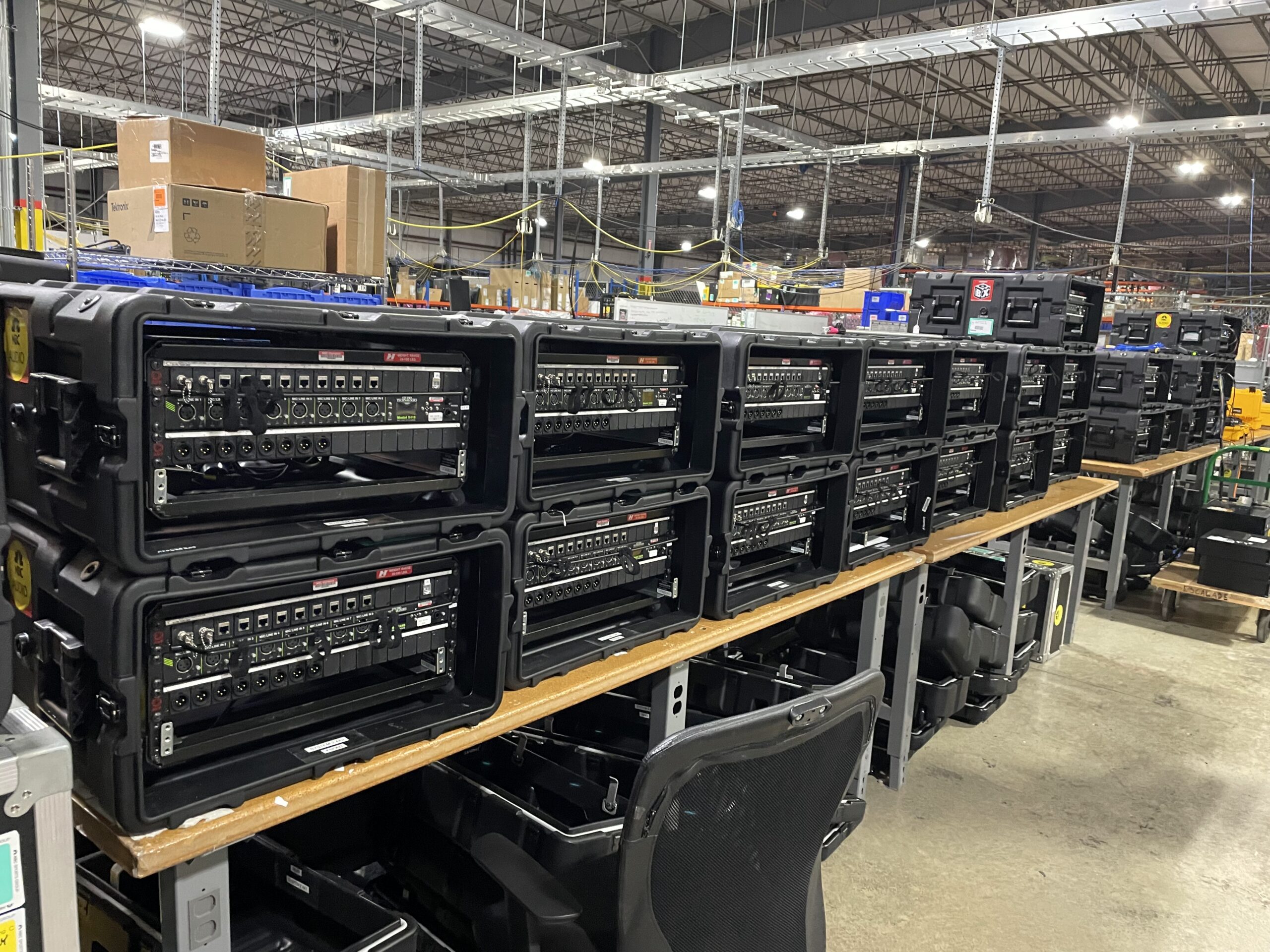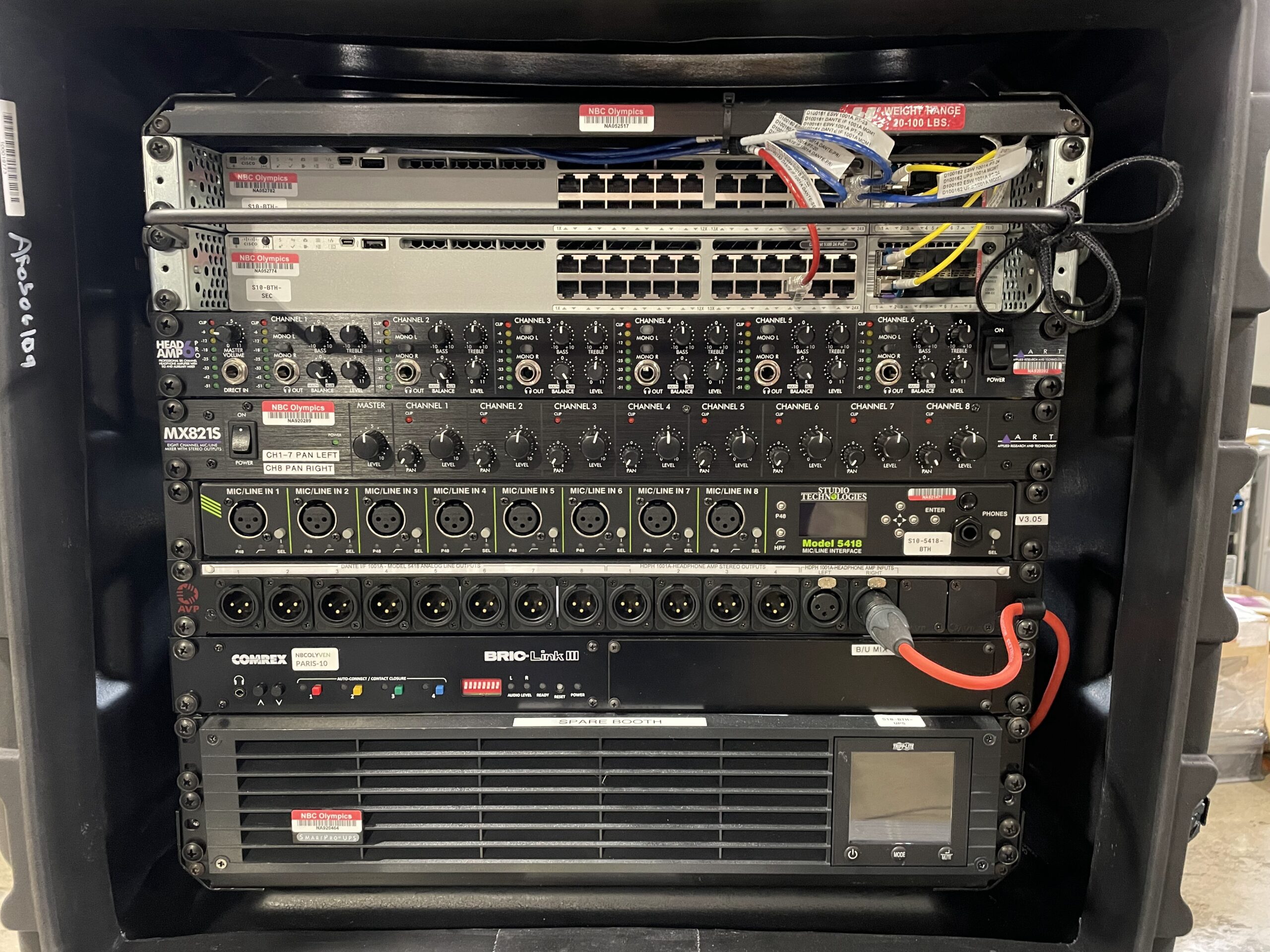2024 Paris Olympics: NBC Sports Has a Huge Audio Agenda
5.1.4 everywhere, plus 32 new booths for Stamford to manage new events
Story Highlights
NBC Sports will broadcast the highest number of hours ever for a Summer Olympics from Paris next year: an estimated 243.5 hours of programming, according to Karl Malone, senior director, audio engineering, NBC Sports and Olympics. That compares with 217.5 hours from the 2012 London Olympics, 207.5 hours from the 2016 Rio Di Janeiro Games, and 203.5 hours from the 2020 Tokyo Olympics.
For all of those hours, all events will be produced in 5.1.4 immersive audio.

NBC Sports and Olympics’ Karl Malone: “The challenges of Games past always have a way of pushing us to newer technologies and workflows.”
Paris 2024 is being characterized as a “Network Daytime Takeover”: events will be shown live nationwide 9 a.m.–6 p.m. ET/PT with largely postproduced primetime highlight telecasts in two batches, 8–11 p.m. and 11:35 p.m.–1:30 a.m. The broadcasts, which will run from July 26 (starting with rugby, handball, and soccer events) to Aug. 11, will be punctuated by behind-the-scenes “docu-style” productions produced by NBC Sports. The Games will comprise a total of 329 events (10 fewer than Tokyo) and will feature one new entry, breakdancing (officially referred to as “breaking”) with relative newcomers skateboarding, surfing (from Tahiti, in French Polynesia), and sport climbing again on the schedule and baseball/softball and karate dropped from programming.
Signature NBC Dolby Atmos Mix for Primetime
As at Tokyo 2020, the 5.1.4 immersive audio will be produced by host Olympic Broadcast Services (OBS), under the direction and design of Audio Manager Nuno Duarte. This will aid NBC not only in capturing its own .4 channels, using NBC-specific height microphones, but also in using OBS’s height mics. This allows access to eight total channels of overhead information, enabling creation of a signature NBC Dolby Atmos mix for the 17 nights of Primetime.
NBC trucks onsite in Paris will mix a 5.1 production but will pass the extra eight channels of height information untouched to NBC’s primetime-immersive audio-control room in Stamford, CT, where NBC Sports Group Senior A1/Audio Design Engineer Michael DiCrescenzo and his team will mix all the venues passing through it to a 5.1.4-immersive output.
The Plant Is Ready for Remote
The control rooms for primetime and daytime audio and production will be in NBC’s fully IP plant — a 1080P/HDR, 5.1.4 facility — which will be operating 24/7 with 2,000 personnel onsite. Malone notes that Stamford has increased functionality over the past two years, with a full IP infrastructure installed and new IP-based production–, audio–, and submix-audio–control rooms.
“We have had an incredibly busy year there, bringing golf production back to be remotely mixed and submixed, as well adding remote Big 10 college productions,” he says, adding that NBC pioneered remote-integration production models at the 1996 Atlanta Olympics. “There has been so much to gain in the quality of the audio production by bringing these sports home. Having familiar and precise acoustic spaces to mix in, as well as having the support of a building full of engineering teams, has enabled us to dial in these productions very quickly and provide a great listening experience for the viewer. Paris will again be building [that] experience, along with the recent proliferation of high-bandwidth, low-latency video-codec technologies to support two remote network studios in downtown Paris.”
Complex Announce Management
Among the new systems being fabricated for the coverage are approximately 32 announce booths that will be set up in NBC/Stamford’s “Off-Tube Factory,” where teams of NBC announcers and analysts will provide commentary for many of the newer events, such as fencing, handball, judo, and badminton. Up to 80 Dante commentary boxes, tied into a huge comms network, will connect the booths to their respective NBC venue reporters in Paris, as well as to producers and statisticians anywhere in the NBC global network.
“It’s an entirely new design,” says Malone, emphasizing the use of Dante connectivity. “We used to be plugging in XLRs, and now we’re plugging in Cat 5 [cabling for] Dante audio. These systems also have a main backup switch and have UPSs in all cases as well for redundancy against potential power issues. They have a lot of overall redundancy so that, if there was any disaster, like losing a truck, we’d still be able to get the commentators’ mixed feeds out of the venue and back to Stanford via the raw internet.
“The compound will receive all the Dante signals,” he continues. “We’ll be able to hand off MADI to the truck, or, if there’s no truck, we’ll be able to hand it off to one of the TOC units from venue engineering. Because it’s Dante and not analog, we’re doing away with the [Telex/RTS] IFB-325 boxes, and now PLs are all Dante, four channels of PL instead of the traditional sort with two channels on the 325 boxes. Similarly, the older IFB 4030 [2-channel IFB beltpack] is now a [Studio Technologies] 381 IFB [on-air beltpack]. They all take single Ethernet cable. We’ve built 10 of these systems, and all should last long into the future.”
Malone emphasizes the streamlined nature of the connectivity between event sites and the IBC; in many cases, it’s a single Ethernet cable and a backup. Everything is expected to be wrapped up for shipping this month.
“Paris is the icing on the gâteau after the challenges of Tokyo and Beijing. The challenges of Games past always have a way of pushing us to newer technologies and workflows that ultimately help our production teams tell the story of the Olympians,” says Malone, slipping one more French idiom into the conversation: “Allons-y!” [Let’s go!”]


